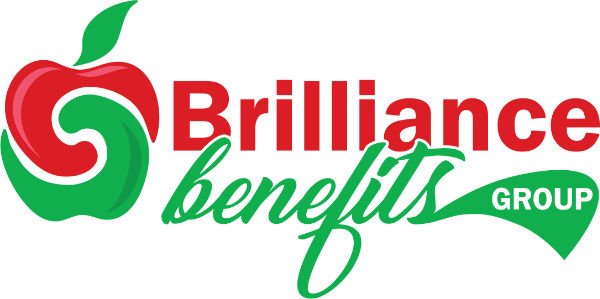This isn’t always the case, since individual health insurance plans can often leverage subsidies and other discounts. However, if you have shopped around and notice that healthcare options from your employer are cheaper than plans you see on the marketplace for yourself, there are a few reasons this could be.
Employer Contributions
Employers may contribute to group health plans as part of employee benefits packages, and their investment works in two powerful ways:
- Direct Reduction of Costs: Many employers cover 50% or more of the premium, which can slice the cost of health insurance in half (or more!) for employees. This makes it a far more appealing option than paying 100% of an individual policy.
- Tax Advantages: These contributions are typically tax-deductible for employers, making it a win-win situation. They get to support their employees while enjoying a financial incentive.
For employees, this support can feel like an unspoken “thank you” for the hard work they do. It’s a tangible reminder that their employer values their well-being — not just in the workplace, but beyond it.
Risk Pooling/Economies of Scale
Because of the number of insured employees in a group plan, employees that may have more health issues are balanced out by healthier employees who have very few health needs.
Because of the way that works, the insurance provider has a lower overall risk, and therefore can offer better rates to reflect this.
This can differ from how that insurance company would have to quote an individual seeking insurance on their own, since that person may or may not have expensive health needs. If that individual signs up during open enrollment, the insurance company cannot dictate all aspects of the plan based on that person’s health, meaning they are potentially carrying more risk.
The insurance providers also have lower administrative costs by offering plans in bulk, because they are offering the same coverage options to everyone in that company. The simplified administrative needs are also reflected in the rates.
Better Negotiating Power
This one may or may not come into play as heavily as the first two. But depending on just how large the company seeking the group plan is, the sheer number of insurance customers involved may mean that the company obtaining the group coverage can demand more competitive offerings with insurance providers.
Sometimes these offerings will be lower rates. Other times, it may include perks like lower copays or lower deductibles than the insurance providers generally offer.
Companies with hundreds or even thousands of employees are the most able to negotiate in this way. However, even a company with say 10 employees can negotiate better rates than individuals can find in many cases.
Have a small business with 50 employees or less? We can help you secure group plans for everyone! Let’s talk.
(336) 677-0808

